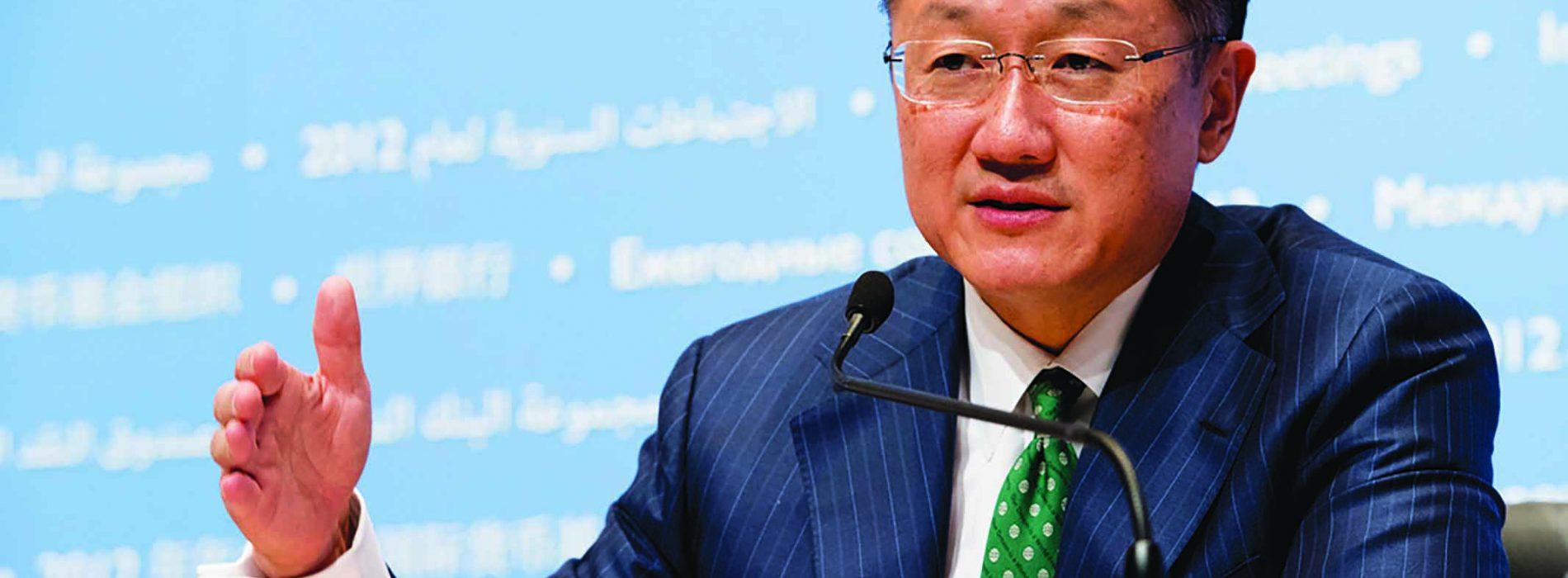Africa-Press – Lesotho. LESOTHO has adopted the World Bank’s Human Capital Project which recognises human capital as a driver of inclusive growth. The project includes a programme to strengthen research and measurement on human capital, as well as support countries to accelerate progress in human capital outcomes.
New World Bank research released last Thursday gives policymakers compelling evidence that delivering better outcomes in children’s health and learning could significantly boost the incomes of people and of countries with returns far into the future.
A Human Capital Index, launched last Thursday at the World Bank-International Monetary Fund Annual Meeting, shows that 56 percent of children born today across the world would lose more than half their potential lifetime earnings because governments are not currently making effective investments in their people to ensure a healthy, educated, and resilient population ready for the workplace of the future.
Human Capital in terms of the knowledge, skills, and health that people accumulate over their lives is said to have been a key factor behind the sustained economic growth and poverty reduction rates of many countries in the 20th century, especially in East Asia.
According to World Bank Group President Jim Yong Kim, for the poorest people, human capital is often the only capital they have. Kim said “Human capital is a key driver of sustainable, inclusive economic growth, but investing in health and education has not gotten the attention it deserves”.
He added that the index creates a direct line between improving outcomes in health and education, productivity and economic growth. “I hope it drives countries to take urgent action and invest more and more effectively in their people,” he said.
The bar is rising for everyone, Kim said. He said building human capital is critical for all countries, at all income levels, to compete in the economy of the future. Evidence shows that progress is possible.
Poland enacted education reforms between 1990 and 2015, and experienced one of the fastest improvements in the Programme for International Student Assessment (PISA)
Malawi succeeded in reducing its rate of stunting by nearly 20 percentage points in two decades.
But the index shows much more needs to be done. The Index ranks where each country is now in terms of productivity of the next generation of workers. In countries like Azerbaijan, Ecuador, Mexico and Thailand, children born today would be 40 percent more productive as workers in the future and could enjoy complete education and full health






